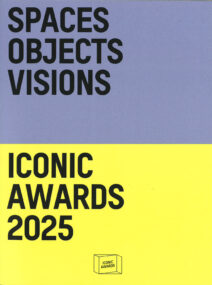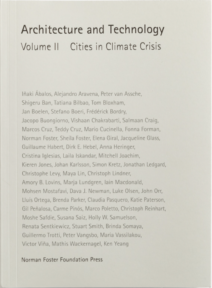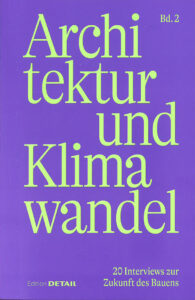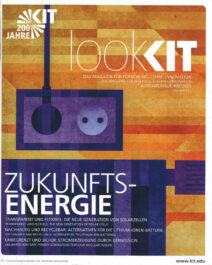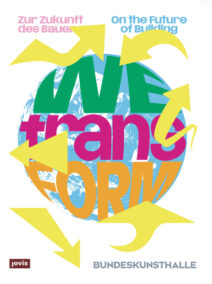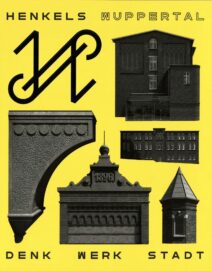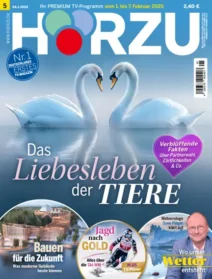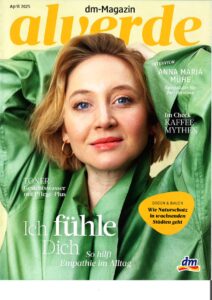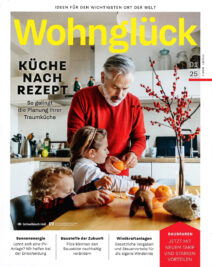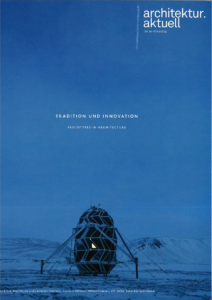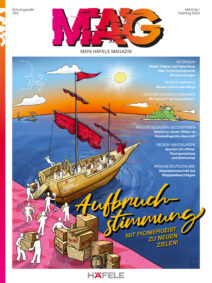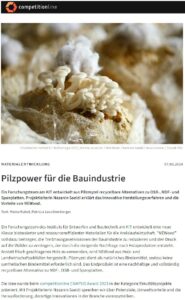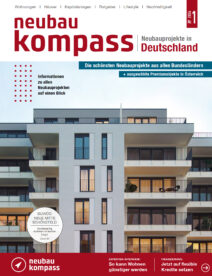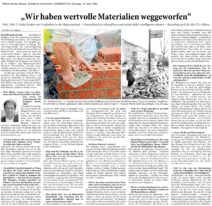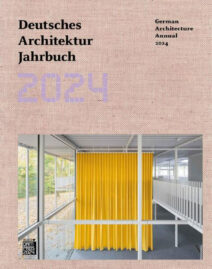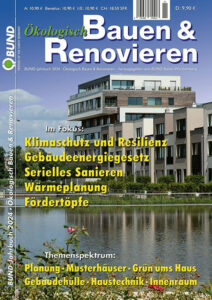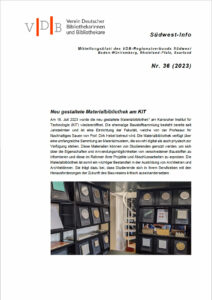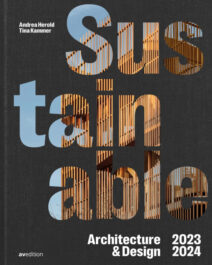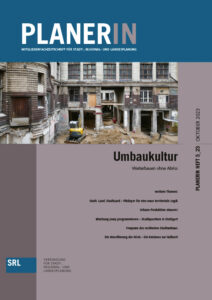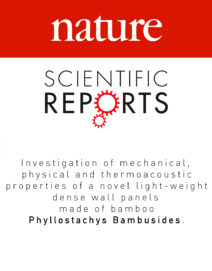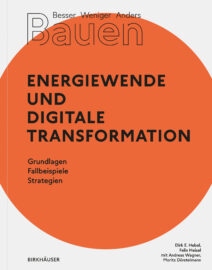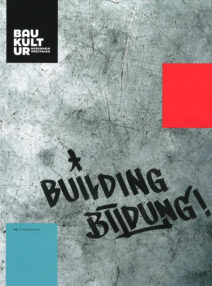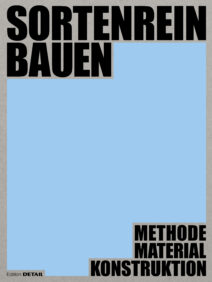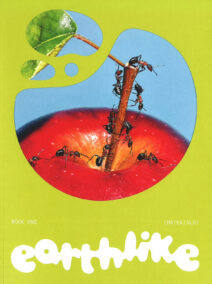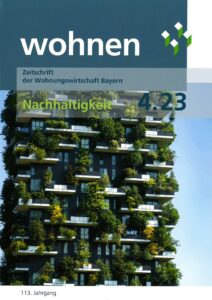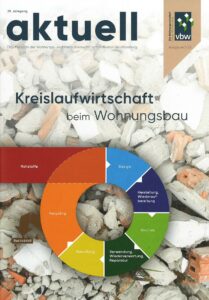The Professorship of Sustainable Construction represented in the lookKIT magazine “BAUEN”
In this year’s third edition “BAUEN” of the KIT magazine for research, teaching and innovation “lookKIT”, three different articles report on research and other topics taking place at the Professorship of Sustainable Construction at the Karlsruhe Institute of Technology.
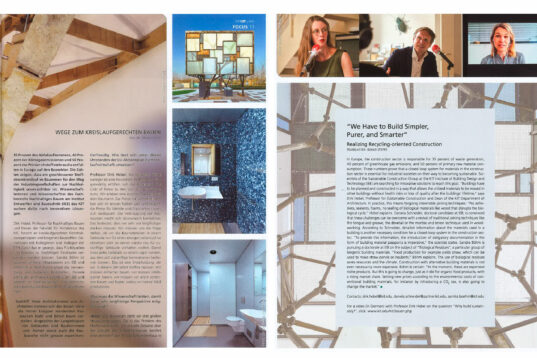
Under the title “Realizing recycling-oriented Construction”, Dr. Stefan Fuchs conducted an interview with Prof. Dirk E. Hebel, Sandra Böhm and Daniela Schneider from the Professorship of Sustainable Construction. The topics of the conversation range from the protection of resources to the problem of land consumption and the need for new forms of living. According to the researchers, in order to anchor the circular economy in construction, it is also necessary to use biological materials in order to close the resource gap.
The spread of such materials can be promoted by including environmental costs in materials of fossil origin. In addition, architects have to start planning again with traditional and other simple joining techniques in order to ensure the correct use and quality-preserving dismantling of materials. Hebel, Böhm and Schneider place great hopes in the introduction of a material pass to anchor digitization and documentation in the construction industry. Finally, the author also points out a video with Prof. Dirk E. Hebel on the question “Why build sustainably?”.
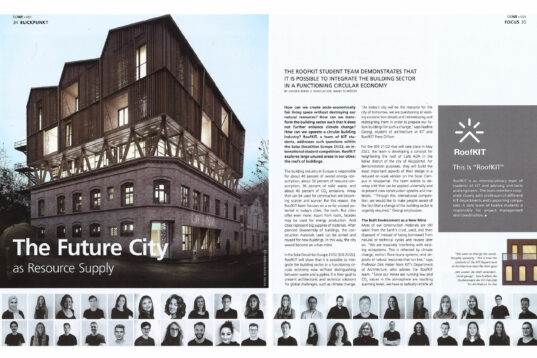
In “The Future City as Resource Supply” by Sandra Wiebe, the RoofKIT team demonstrates that it is possible to integrate the building sector in a functioning circular economy. Taking part in the Solar Decathlon Europe 2021/22 the team is developing a concept for heightening the roof of Café ADA in Wuppertal. In a reduced on-scale version, they will realize their project on the Solar Campus in Wuppertal in June 2022.
The project is composed of three important topics of the implementation of circular economy in the construction sector: to use the built environment as a new mine, to enable buildings to be fully disassembled after use and to harvest energy sustainably in order to reach climate neutrality. According to the head of project Prof. Dirk E. Hebel, RoofKIT’s design is of relevance to novel, socially centered living spaces supporting future-oriented urban society.
An online version of the article is available here. Find out more about the RoofKIT team here.
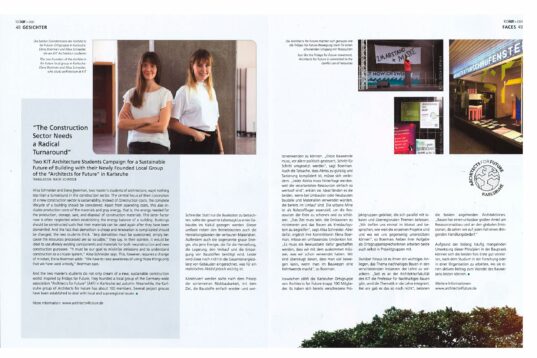
Two architecture students campaign for a sustainable future of the construction sector as a whole with their newly founded local group of the “Architects for Future” in Karlsruhe. Alisa Schneider and Elena Boerman both did their master thesis on adaptive reuse projects at the Professorship of Sustainable Construction in summer 2021.
The author of the article, Regina Link, points out their central focus of a radical turnaround in the construction sector. In the name of their Germany-wide association, the two graduates call on people to consider the entire life cycle of buildings and thus break through the linear system of construction. Society must become aware of the value of buildings and the resources they contain: The goal must be to make building and rebuilding a circular system in which waste no longer exists and materials are used in and removed from buildings for reuse and recycling.
An online version of the article is available here. Find out more about the association Architects for Future here.
